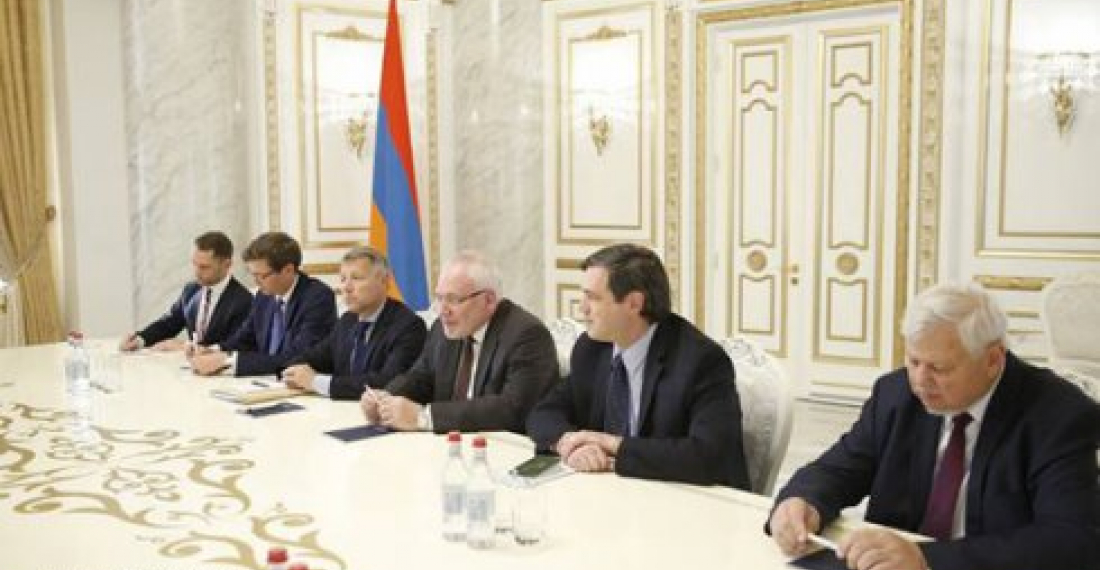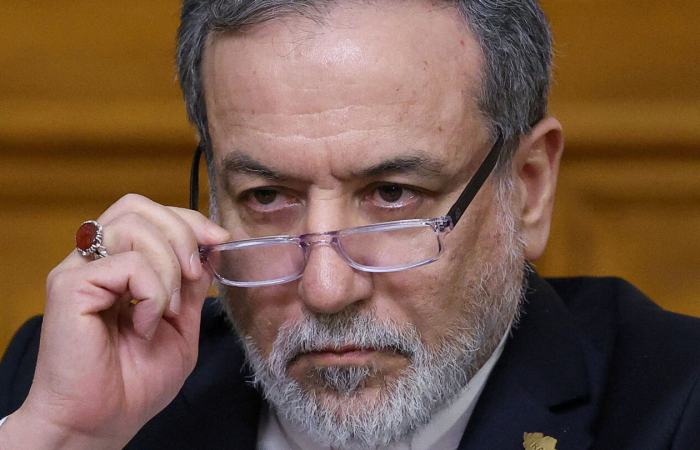Посредники, участвующие в процессе содействия обсуждению мирного урегулирования нагорно-карабахского конфликта, завершили свой визит в регион. В конце визита три сопредседателя Минского процесса ОБСЕ выступили с заявлением, в котором говорится, что "основной целью визита было обсуждение результатов беседы лидеров Армении и Азербайджана в кулуарах саммита СНГ в Душанбе в сентябре, дальнейшие шаги в нагорно-карабахском мирном процессе и анализ эволюции общей ситуации на местах".
В заявлении сказано:
Сопредседатели встретились с исполняющим обязанности премьер-министром Николо Пашиняном в Ереване 29 октября и с президентом Ильхамом Алиевым в Баку 1 ноября. В обеих столицах они провели консультации с соответствующими министрами иностранных дел и министрами обороны. 30-31 октября сопредседатели встретились с де-факто властями в Нагорном Карабахе и посетили районы Кельбаджар и Агдам. 31 октября они участвовали в миссии по наблюдению за прекращением огня ОБСЕ на линии соприкосновения вблизи Агдама. В Баку сопредседатели встретились с представителями азербайджанских общин, пострадавших от конфликта. В то время как в регионе сопредседатели обсудили ситуацию с представителями МККК и UNHCR.
На своих встречах с сопредседателями лидеры обеих столиц подтвердили, что уровень насилия значительно снизился, поскольку они подтвердили в Душанбе свою приверженность снижению напряженности. В ходе своих консультаций сопредседатели получили дополнительную информацию об осуществлении понимания Душанбе, в том числе в отношении установления прямой линии связи. Сопредседатели приветствовали эти события, дали высокую оценку сторонам за добросовестное осуществление конструктивных мер и выразили поддержку готовности лидеров продолжить диалог.
Сопредседатели подчеркнули важность сохранения атмосферы доверия для интенсивных переговоров по урегулированию нагорно-карабахского конфликта.
Министры иностранных дел договорились встретиться еще раз до конца года.
Сопредседатели скоро отправятся в Вену, чтобы проинформировать Постоянный совет ОБСЕ и членов Минской группы.
Трое сопредседателей Минской группы ОБСЕ - Игорь Попов от России, Стефан Висконти от Франции и Эндрю Шофер от Соединенных Штатов - находились в регионе с 29 октября по 2 ноября в сопровождении личного представителя действующего председателя ОБСЕ Анджея Каспшика.
источник: commonspace.eu по материалам пресс-службы ОБСЕ, Вена.
фото: Дипломаты, возглавляющие Минский процесс ОБСЕ по Карабаху, в Ереване, 30 октября 2018 года (фото предоставлено пресс-службой правительства Армении)







